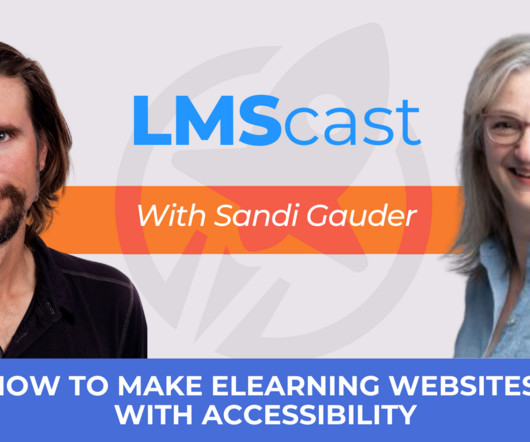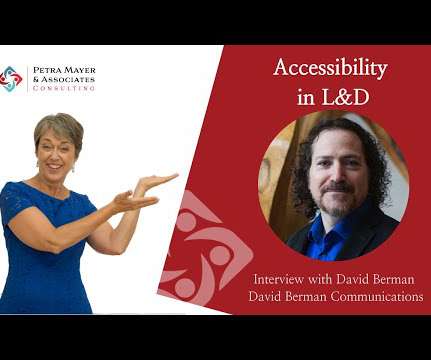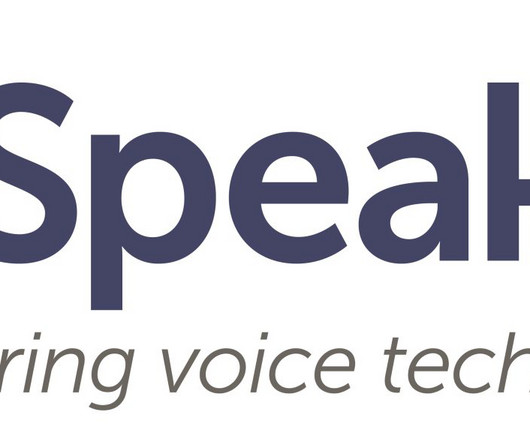Definition: Metacognition
Kapp Notes
AUGUST 31, 2010
The short definition of Metacognition is "Thinking about Thinking." Here are some more definitions from a variety of sources. What people know about how (their own) cognitive processes operate is termed metacognition (cognition about cognitive processes). Here is the Wikipedia definition of metacognition.
































Let's personalize your content